
[xyz-ihs snippet="NavigationLinksBlock-Common"]
God Rest Ye Merry, Gentlemen
English Traditional
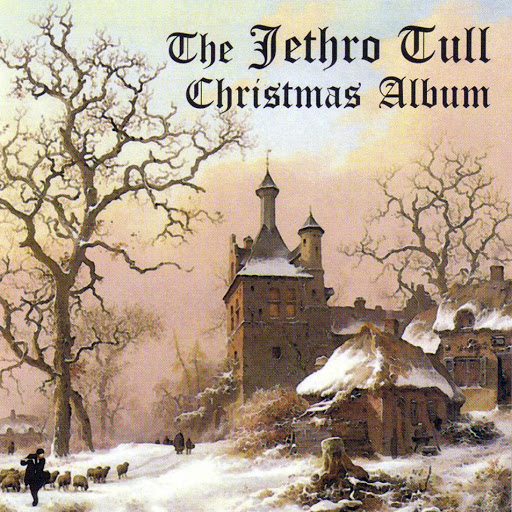
" God Rest Ye Merry, Gentlemen " is an English traditional Christmas carol. It is one of the oldest extant carols, dated to the 16th century or earlier. The earliest known printed edition of the carol is in a broadsheet dated to c. 1760. The traditional English melody is in the minor mode; the earliest printed edition of the melody appears to be in a parody, in the 1829 Facetiae of William Hone. It had been traditional and associated with the carol since at least the mid-18th century, when it was recorded by James Nares under the title "The old Christmas Carol".
[video width="640" height="360" mp4="https://www.easypianoonline.com/wp-content/uploads/2021/05/GodRestYeMerryGentlemen.mp4"]
Lyrics
God Rest Ye Merry, Gentlemen
Let nothing you dismay
Remember Christ our Savior
Was born on Christmas Day
To save us all from Satan's pow'r
When we were gone astray
Oh tidings of comfort and joy
Comfort and joy
Oh tidings of comfort and joy
God rest ye merry gentlemen
Let nothing you dismay
Remember Christ our Savior
Was born on Christmas Day
To save us all from Satan's pow'r
When we were gone astray
Oh tidings of comfort and joy
Comfort and joy
Oh tidings of comfort and joy
In Bethlehem, in Israel
This blessed Babe was born
And laid within a manger
Upon this blessed morn
The which His Mother Mary
Did nothing take in scorn
Oh tidings of comfort and joy
Comfort and joy
Oh tidings of comfort and joy
Fear not then, said the Angel
Let nothing you affright
This day is born a Savior
Of a pure Virgin bright
To free all those who trust in Him
From Satan's pow'r and might
Oh tidings of comfort and joy
Comfort and joy
Oh tidings of comfort and joy
God rest ye merry gentlemen
Let nothing you dismay
Remember Christ our Savior
Was born on Christmas Day
To save us all from Satan's pow'r
When we were gone astray
Oh tidings of comfort and joy
Comfort and joy
Oh tidings of comfort and joy
Songwriters: English Traditional

[xyz-ihs snippet="NavigationLinksBlock-Common"]
The Star-Spangled Banner
by John Stafford Smith
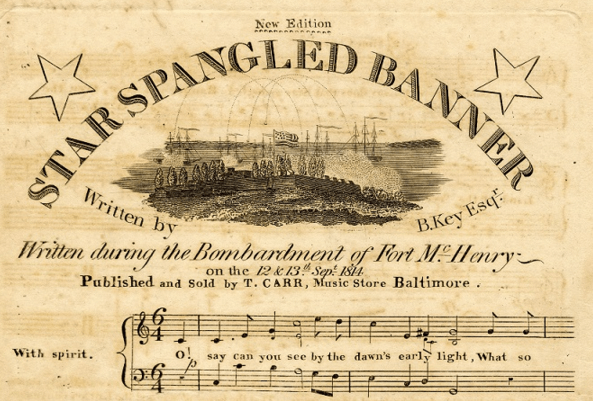
" The Star – Spangled Banner " is the national anthem of the United States. The lyrics come from the "Defence of Fort M'Henry", a poem written on September 14, 1814, by 35-year-old lawyer and amateur poet Francis Scott Key after witnessing the bombardment of Fort McHenry by British ships of the Royal Navy in Baltimore Harbor during the Battle of Baltimore in the War of 1812. Key was inspired by the large U.S. flag, with 15 stars and 15 stripes, known as the Star-Spangled Banner, flying triumphantly above the fort during the U.S. victory.
The poem was set to the tune of a popular British song written by John Stafford Smith for the Anacreontic Society, a men's social club in London. "To Anacreon in Heaven" (or "The Anacreontic Song"), with various lyrics, was already popular in the United States. This setting, renamed "The Star-Spangled Banner", soon became a well-known U.S. patriotic song. With a range of 19 semitones, it is known for being very difficult to sing. Although the poem has four stanzas, only the first is commonly sung today.
[video width="640" height="360" mp4="https://www.easypianoonline.com/wp-content/uploads/2021/05/TheStarSpangledBanner.mp4"]
Lyrics
The Star–Spangled Banner
What so proudly we hailed at the twilight’s last gleaming?
Whose broad stripes and bright stars thru the perilous fight,
O’er the ramparts we watched were so gallantly streaming?
And the rocket’s red glare, the bombs bursting in air,
Gave proof through the night that our flag was still there.
Oh, say does that star-spangled banner yet wave
O’er the land of the free and the home of the brave?
On the shore, dimly seen through the mists of the deep,
Where the foe’s haughty host in dread silence reposes,
What is that which the breeze, o’er the towering steep,
As it fitfully blows, half conceals, half discloses?
Now it catches the gleam of the morning’s first beam,
In full glory reflected now shines in the stream:
‘Tis the star-spangled banner! Oh long may it wave
O’er the land of the free and the home of the brave!
And where is that band who so vauntingly swore
That the havoc of war and the battle’s confusion,
A home and a country should leave us no more!
Their blood has washed out their foul footsteps’ pollution.
No refuge could save the hireling and slave
From the terror of flight, or the gloom of the grave:
And the star-spangled banner in triumph doth wave
O’er the land of the free and the home of the brave!
Oh! thus be it ever, when freemen shall stand
Between their loved home and the war’s desolation!
Blest with victory and peace, may the heav’n rescued land
Praise the Power that hath made and preserved us a nation.
Then conquer we must, when our cause it is just,
And this be our motto: “In God is our trust.”
And the star-spangled banner in triumph shall wave
O’er the land of the free and the home of the brave!
Songwriters: John Stafford Smith / Francis Scott Key

[xyz-ihs snippet="NavigationLinksBlock-Common"]
The Black Stallion
(Main Theme)
by Carmine Coppola
<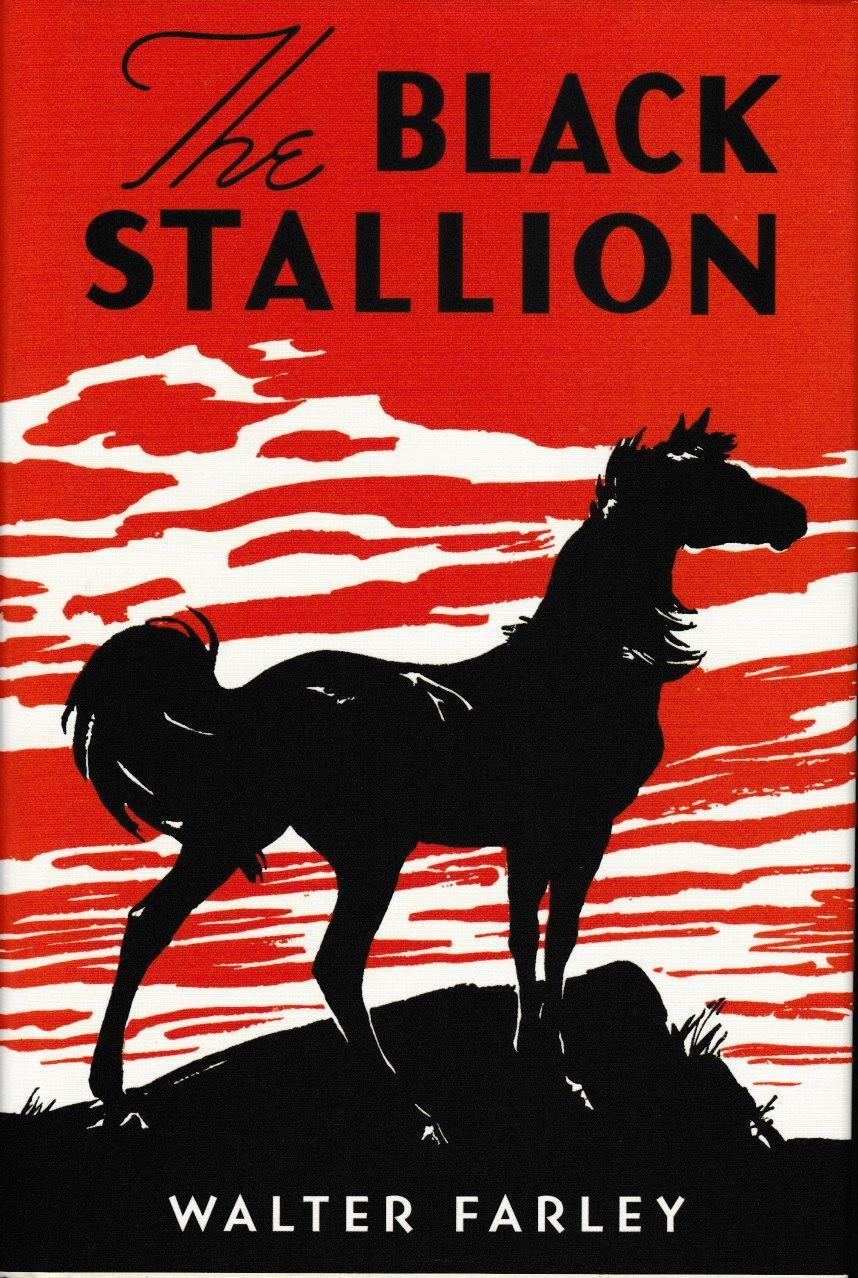
" The Black Stallion " main theme soundtrack is from the 1979 American adventure film “The Black Stallion” based on the 1941 classic children's novel of the same name by Walter Farley. The film starts in 1946, five years after the book was published. It tells the story of Alec Ramsey, who is shipwrecked on a deserted island with a wild Arabian stallion whom he befriends. After being rescued, they are set on entering a race challenging two champion horses.
The film is adapted by Melissa Mathison, Jeanne Rosenberg and William D. Wittliff. It was directed by Carroll Ballard. The film stars Kelly Reno, Teri Garr, Hoyt Axton, Mickey Rooney, and the Arabian horse Cass Ole. The film features music by Carmine Coppola, the father of Hollywood producer Francis Ford Coppola, who was the executive producer of the film. In 2002, The Black Stallion was included in the annual selection of 25 motion pictures to be added to the National Film Registry of the Library of Congress, being deemed "culturally, historically, or aesthetically significant".
[video width="640" height="360" mp4="https://www.easypianoonline.com/wp-content/uploads/2021/05/TheBlackStallionTheme.mp4"]

[xyz-ihs snippet="NavigationLinksBlock-Common"]
Symphony No.1
4th Movement Theme
(Adagio)
by Johannes Brahms
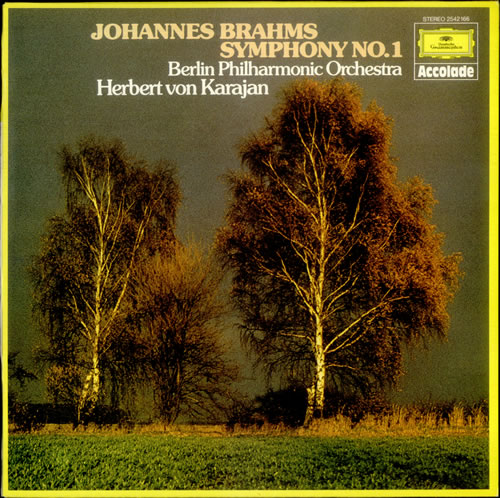
" Symphony No. 1 In C Minor Op. 68 " is a symphony written by Johannes Brahms. Brahms spent at least fourteen years completing this work, whose sketches date from 1854. Brahms himself declared that the symphony, from sketches to finishing touches, took 21 years, from 1855 to 1876. The premiere of this symphony, conducted by the composer's friend Felix Otto Dessoff, occurred on 4 November 1876, in Karlsruhe, then in the Grand Duchy of Baden. A typical performance lasts between 45 and 50 minutes.
[video width="640" height="360" mp4="https://www.easypianoonline.com/wp-content/uploads/2021/05/BrahmssymphonyNo1-4th-mvt.mp4"]

[xyz-ihs snippet="NavigationLinksBlock-Common"]
Clarinet Concerto In A
2nd Movement (Adagio)
by W.A. Mozart
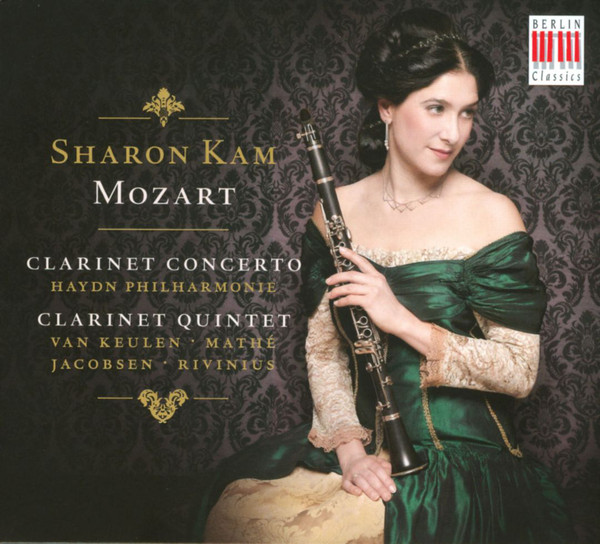
" Clarinet Concerto In A Major " K. 622, was written in October 1791 for the clarinetist Anton Stadler. It consists of three movements, in a fast–slow–fast succession. The Second slow movement is Adagio. As there is no autograph for this concerto and as it was published posthumously, it is difficult to understand all of Mozart's intentions.
[video width="640" height="360" mp4="https://www.easypianoonline.com/wp-content/uploads/2021/05/ClarinetConcertoInA2ndMvt.mp4"]

[xyz-ihs snippet="NavigationLinksBlock-Common"]
Cavatina
by Stanley Myers
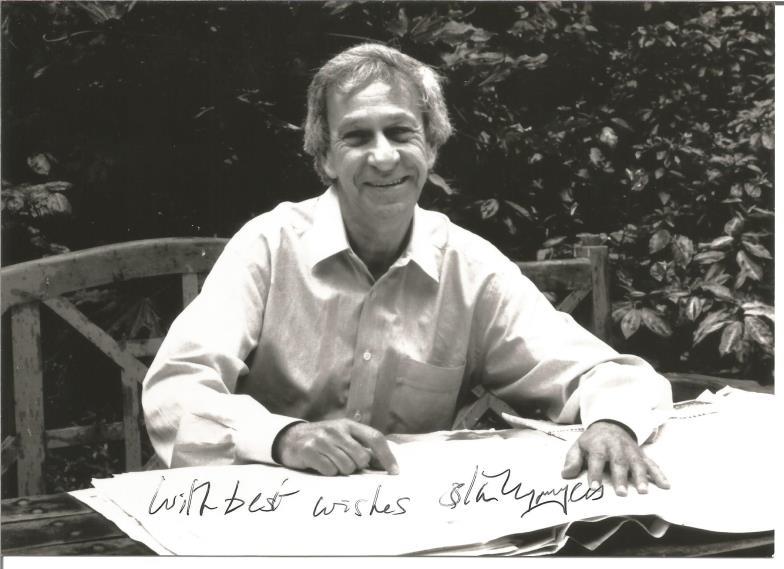
" Cavatina " is a 1970 classical guitar piece by British composer Stanley Myers written for the film The Walking Stick (1970), and popularised as the theme from The Deer Hunter some eight years later. As the Italian diminutive of cavata, cavatina is a musical term frequently applied to any simple, melodious air. The piece had been recorded in 1969 by classical guitarist John Williams at Olympic Sound Studios in London, long before the film that made it famous. It had originally been written for piano, but at Williams' invitation Myers re-wrote it for guitar and expanded it. After this transformation, it was first used for the film The Walking Stick (1970). In 1973, Cleo Laine wrote lyrics and recorded the song as "He Was Beautiful", accompanied by Williams. After the release of The Deer Hunter in 1978, Williams' instrumental version became a UK Top 20 hit.
[video width="640" height="360" mp4="https://www.easypianoonline.com/wp-content/uploads/2021/05/CavatinaDeerHunter1.mp4"]
Lyrics
Cavatina
(He Was Beautiful)
Beautiful to my eyes.
From the moment I saw him,
The sun filled the sky.
He was so so beautiful,
Beautiful just to hold.
In my dreams he was spring time
Winter was cold.
How could I tell him
What I so clearly could see
Though I longed for him
I never trusted me completely
So I never could be free.
Oh, but it was beautiful
Knowing now that he cared
I will always remember
Moments that we shared
Now it's all over
Still the feelings linger on
For my dream keeps returning
Now that he's gone.
For it was beautiful, beautiful,
Beautiful to be loved
Songwriters: Stanley Myers / Cleo Laine

[xyz-ihs snippet="NavigationLinksBlock-Common"]
Final Fantasy VII
(Main Theme / Cloud's Theme)
by Nobou Uematsu

" Final Fantasy VII - Main Theme / Cloud's Theme " is a soundtrack composed by Nobuo Uematsu from Final Fantasy VII, a 1997 role-playing video game developed by Square for the PlayStation console. It is the seventh main installment in the Final Fantasy series. Published in Japan by Square, it was released in other regions by Sony Computer Entertainment and is the first in the main series with a PAL release. The game's story follows Cloud Strife, a mercenary who joins an eco-terrorist organization to stop a world-controlling megacorporation from using the planet's life essence as an energy source. Events send Cloud and his allies in pursuit of Sephiroth, a former member of the corporation who seeks to harm the planet and become a god. During the journey, Cloud builds close friendships with his party members, including Aerith Gainsborough, who holds the secret to saving their world.
[video width="640" height="360" mp4="https://www.easypianoonline.com/wp-content/uploads/2021/05/FinalFantasy7MainTheme.mp4"]

[xyz-ihs snippet="NavigationLinksBlock-Common"]
The Skye Boat Song
Scottish Traditional
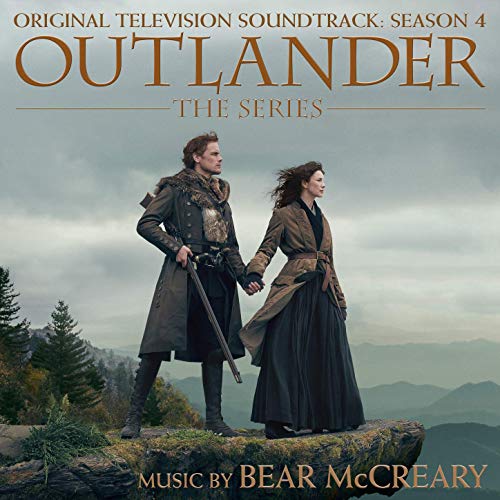
" The Skye Boat Song "is a late 19th-century Scottish song recalling the journey of Prince Charles Edward Stuart (Bonnie Prince Charlie) from Benbecula to the Isle of Skye as he evaded capture by government troops after his defeat at the Battle of Culloden in 1746.Sir Harold Boulton, 2nd Baronet composed the lyrics to an air collected by Anne Campbelle MacLeod in the 1870s, and the line "Over the Sea to Skye" is now a cornerstone of the tourism industry on the Isle of Skye. Alternative lyrics to the tune were written by Robert Louis Stevenson, probably in 1885. After hearing the Jacobite airs sung by a visitor, he judged the words of this song to be "unworthy", so made a new set of verses "more in harmony with the plaintive tune".
[video width="640" height="360" mp4="https://www.easypianoonline.com/wp-content/uploads/2021/05/TheSkyeBoatSong.mp4"]
Lyrics
The Skye Boat Song
Say, could that lass be I?
Merry of soul she sailed on a day
Over the sea to Skye.
Billow and breeze, islands and seas,
Mountains of rain and sun,
All that was good, all that was fair,
All that was me is gone.
Songwriters: Scottish Traditional / Robert Louis Stevenson

[xyz-ihs snippet="NavigationLinksBlock-Common"]
Stars
by Claude-Michel Schonberg

" Stars " is a song from the musical Les Miserables, sung by Javert. It is composed by Claude-Michel Schonberg, and is the 19th song in Act I of the musical. It takes place after Javert unwittingly saves Valjean and Cosette from Thénardier and his gang's attempt to rob both of them, and subsequently discovers that Valjean, his old time rival, has surfaced once again, but has slipped through his grasp. Javert vows to complete his manhunt.
[video width="640" height="360" mp4="https://www.easypianoonline.com/wp-content/uploads/2021/05/Stars.mp4"]
Lyrics
Stars
A fugitive running
Fallen from God
Fallen from Grace
God be my witness
I never shall yield
'Til we come face to face
'Til we come face to face
He knows his way in the dark
Mine is the way of the Lord
Those who follow the path of the righteous
Shall have their reward
And if they fall as Lucifer fell
The flames
The sword
Stars
In your multitudes
Scarce to be counted
Filling the darkness
With order and light!
You are the sentinels
Silent and sure
Keeping watch in the night
Keeping watch in the night
You know your place in the sky
You hold your course and your aim
And each in your season
Returns and returns
And is always the same
And if you fall as Lucifer fell
You fall in flame
And so it must be, for so it is written
On the doorway to paradise
That those who falter and those who fall
Must pay the price
Lord, let me find him
That I may see him
Safe behind bars
I will never rest
'Til then
This I swear
This I swear by the stars
Songwriters: Schonberg Claude Michel / Boublil Alain Albert / Herbert Kretzmer

[xyz-ihs snippet="NavigationLinksBlock-Common"]
Birdcatcher's Song
(Der Vogelfanger bin ich ja)
by W.A. Mozart
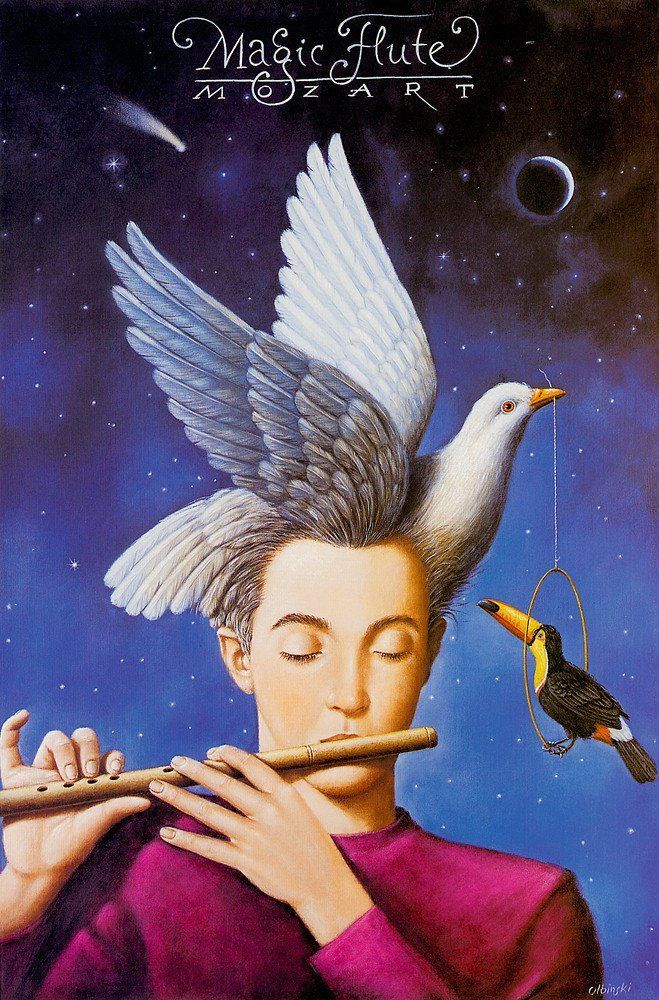
" The Birdcatcher's Song " “Der Vogelfänger bin ich ja”, which may be roughly translated from German as “I am the bird catcher, yes” is the opening aria for the jolly bird-catcher Papageno, from Mozart's opera The Magic Flute. Papageno enters wearing his costume of feathers and with a birdcage strapped to his back. In both hands he has a pan pipe which he plays before and during the song. He sings cheerfully of the pleasures of catching birds, but muses that it would be nice to be able to catch pretty girls too, and to make the one he liked best his wife.
[video width="640" height="360" mp4="https://www.easypianoonline.com/wp-content/uploads/2021/05/TheBirdcatchersSong.mp4"]
Lyrics
The Birdcatcher's Song
(English - Translation)
always cheerful, hip hooray!
As a bird-catcher I'm known
to young and old throughout the land.
I know how to set about luring
and how to be good at piping.
That's why I can be merry and cheerful,
for all the birds are surely mine.
The bird-catcher, that's me,
always cheerful, hip hooray!
As a bird-catcher I'm known
to young and old throughout the land.
I'd like a net for girls,
I'd catch them for myself by the dozen!
Then I'd lock them up with me,
and all the girls would be mine.
If all the girls were mine,
I'd barter plenty of sugar:
the one I liked best,
I'd give her the sugar at once.
And if then she kissed me tenderly,
she would be my wife and I her husband.
She'd fall asleep at my side,
and I'd rock her like a child.
Der Vogelfänger bin ich ja
(German – Original)
Der Vogelfänger bin ich ja,
Stets lustig heissa hopsasa!
Ich Vogelfänger bin bekannt
bei Alt und Jung im ganzen Land.
Weiß mit dem Lokken umzugehn
und mich aufs Pfeiffen zu verstehen!
Drum kann ich froh und lustig sein,
Denn alle Vögel sind ja mein.
Der Vogelfänger bin ich ja,
Stets lustig heissa hopsasa!
Ich Vogenfänger bin bekannt
Bei Alt und Jung im ganzen Land.
Ein Netz für Mädchen möchte ich;
Ich fing sie dutzendweis für mich!
Dann sperrte ich sie bei mir ein
Und alle Mädchen wären mein.
Wenn alle Mädchen wären mein,
So tauschte ich brav Zukker ein.
Die welche mir am liebsten wär,
der gäb ich gleich den Zukker her.
Und küsste sie mich zärtlich dann,
Wär' sie mein Weib und ich ihr Mann.
Sie schlief an meiner Seite ein;
ich wiegte wie ein Kind sie ein.
Songwriters: Wolfgang Amadeus Mozart

[xyz-ihs snippet="NavigationLinksBlock-Common"]
Pilgrim's Chorus
by Richard Wagner
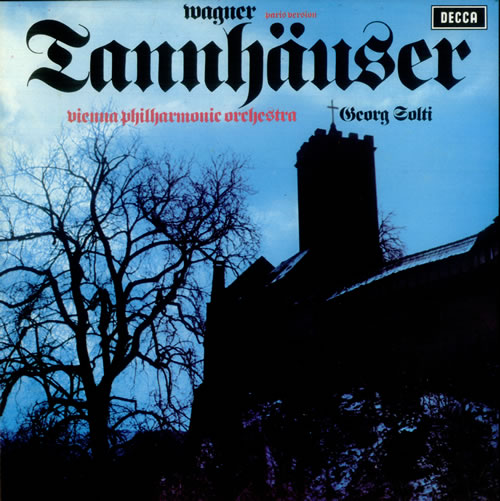
" Pilgrim's Chorus " is from the opera Tannhauser. Tannhäuser full title Tannhäuser und der Sängerkrieg auf Wartburg, "Tannhäuser and the Minnesingers' Contest at Wartburg" is an 1845 opera in three acts, with music and text by Richard Wagner (WWV 70 in the catalogue of the composer's works). It is based on two German legends: Tannhäuser, the mythologized medieval German Minnesänger and poet, and the tale of the Wartburg Song Contest. The story centers on the struggle between sacred and profane love, as well as redemption through love, a theme running through most of Wagner's work.
The opera remains a staple of major opera house repertoire in the 21st century.
[video width="640" height="360" mp4="https://www.easypianoonline.com/wp-content/uploads/2021/05/PilgrimsChorus.mp4"]
Lyrics
Pilgrim's Chorus
(English – Translation)
And gladly greet thy pleasant pastures;
Now, I lay my pilgrim's staff aside to rest,
For, faithful to God, I have completed my pilgrimage.
Through penance and repentance I have propitiated
The Lord, whom my heart serves,
Who crowns my repentance with blessing,
The Lord to whom my song goes up.
The Lord to whom my song goes up.
The salvation of pardon is granted the penitent,
He will one day walk in the peace of the blessed.
Hell and death do not appal him,
Therefore will I praise God my life long.
Hallelujah,
Hallelujah,
Eternally, eternally.
Chor der Pilger
(German – Original)
Beglückt darf nun dich, o Heimat, ich schauen,
Und grüßen froh deine lieblichen Auen;
Nun lass' ich ruhn den Wanderstab,
Weil Gott getreu ich gepilgert hab'.
Durch Sühn' und Buß' hab' ich versöhnt
Den Herren, dem mein Herze frönt,
Der meine Reu' mit Segen krönt,
Den Herren, dem mein Lied ertönt.
Den Herren, dem mein Lied ertönt.
Der Gnade Heil ist dem Büßer beschieden,
Er geht einst ein in der Seligen Frieden.
Vor Höll' und Tod ist ihm nicht bang,
Drum preis' ich Gott mein Lebelang.
Halleluja,
Halleluja,
In Ewigkeit, in Ewigkeit.
Songwriters: Richard Wagner

[xyz-ihs snippet="NavigationLinksBlock-Common"]
O For The Wings Of A Dove
by Felix Mendelssohn
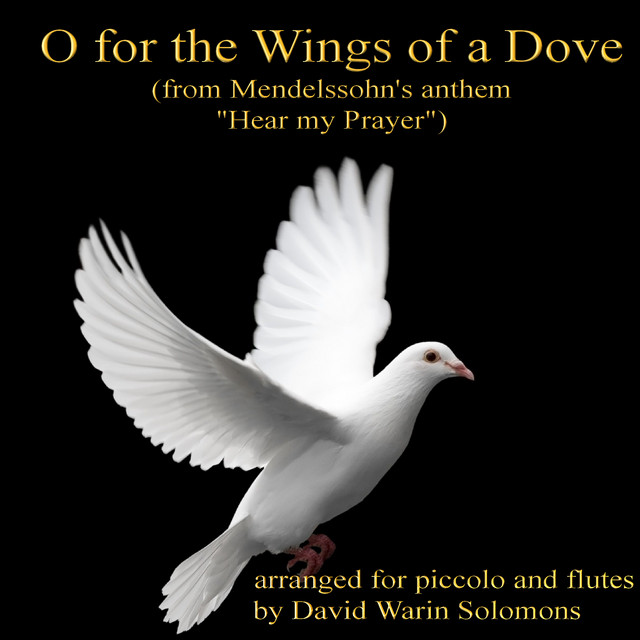
" O For The Wings Of A Dove " is a part of an anthem Hear My Prayer (German: Hör' mein Bitten) for soprano solo, chorus (SATB) and organ or orchestra composed by Felix Mendelssohn in Germany in 1844. The first performance took place in Crosby Hall, London, on 8 January 1845. The accompanist on that occasion was organist, composer and teacher Ann Mounsey (1811–1891). She later married the librettist of the work, William Bartholomew (1793–1867), who also collaborated with Mendelssohn on his oratorio Elijah (German: Elias). The anthem is particularly well known through the recording made in 1927 by treble Ernest Lough.
[video width="640" height="360" mp4="https://www.easypianoonline.com/wp-content/uploads/2021/05/OForTheWingsOfADove.mp4"]
Lyrics
O For The Wings Of A Dove
(English - Translation)
Far away, far away would I rove!
Oh, for the wings, for the wings of a dove,
Far away, far away, far away, far away would I rove!
In the wilderness build me a nest,
And remain there forever at rest
In the wilderness build me, build me a nest,
And remain there forever at rest
(German – Original)
O könnt' ich fliegen wie Tauben dahin,
weit hinweg vor dem Feinde zu flieh'n!
O könnt' ich fliegen wie Tauben dahin,
weit hinweg vor dem Feinde zu flieh'n!
in die Wüste eilt' ich dann fort,
fände Ruhe am schattigen Ort.
in die Wüste eilt' ich dann fort,
fände Ruhe am schattigen Ort.
Songwriters: Felix Mendelssohn / William Bartholomew

[xyz-ihs snippet="NavigationLinksBlock-Common"]
Nobody Does It Better
by Marvin Hamlisch

" Nobody Does It Better "is a power ballad composed by Marvin Hamlisch with lyrics by Carole Bayer Sager. It was recorded by Carly Simon as the theme song for the 1977 James Bond film The Spy Who Loved Me. It was the first Bond theme song to be titled differently from the name of the film since Dr. No, although the phrase "the spy who loved me" is included in the lyrics. The song was released as a single from the film's soundtrack album.
[video width="640" height="360" mp4="https://www.easypianoonline.com/wp-content/uploads/2021/05/NobodyDoesItBetter.mp4"]
Lyrics
Nobody Does It Better
Makes me feel sad for the rest
Nobody does it half as good as you
Baby, you're the best
I wasn't lookin' but somehow you found me
It tried to hide from your love light
But like heaven above me
The spy who loved me
Is keepin' all my secrets safe tonight
And nobody does it better
Though sometimes I wish someone could
Nobody does it quite the way you do
Why'd you have to be so good?
The way that you hold me
Whenever you hold me
There's some kind of magic inside you
That keeps me from runnin'
But just keep it comin'
How'd you learn to do the things you do?
Oh, and nobody does it better
Makes me feel sad for the rest
Nobody does it half as good as you
Baby, baby, darlin', you're the best
Baby you're the best
Darlin', you're the best
Baby you're the best
Oh, oh, oh...
Songwriters: Carole Sager / Marvin Hamlisch

[xyz-ihs snippet="NavigationLinksBlock-Common"]
Melody In F
(Easy Version)
by Anton Rubinstein
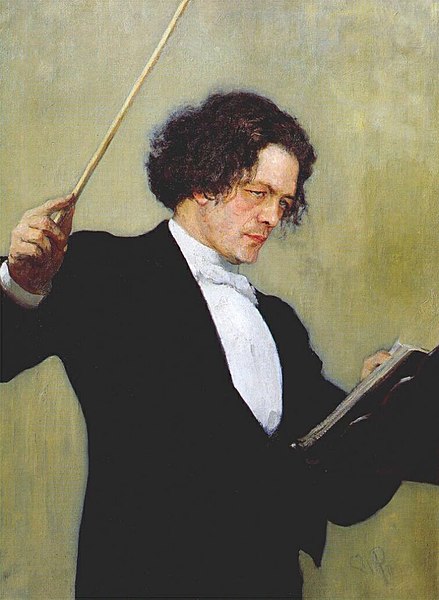
" Melody In F " (Opus. 3 No.1) was written by Anton Grigoryevich Rubinstein (16 November] 1829 – 20 November 1894). Rubinstein was a Russian pianist, composer and conductor who became a pivotal figure in Russian culture when he founded the Saint Petersburg Conservatory. He was the elder brother of Nikolai Rubinstein who founded the Moscow Conservatory.
As a pianist, Rubinstein ranks among the great 19th-century keyboard virtuosos. He became most famous for his series of historical recitals—seven enormous, consecutive concerts covering the history of piano music. Rubinstein played this series throughout Russia and Eastern Europe and in the United States when he toured there.
Although best remembered as a pianist and educator (most notably in the latter as the composition teacher of Tchaikovsky), Rubinstein was also a prolific composer throughout much of his life. He wrote 20 operas, the best known of which is The Demon. He composed many other works, including five piano concertos, six symphonies and many solo piano works along with a substantial output of works for chamber ensemble.
[video width="640" height="360" mp4="https://www.easypianoonline.com/wp-content/uploads/2021/05/MelodyInF-Easy.mp4"]

[xyz-ihs snippet="NavigationLinksBlock-Common"]
This Land Is Your Land
by Woody Guthrie
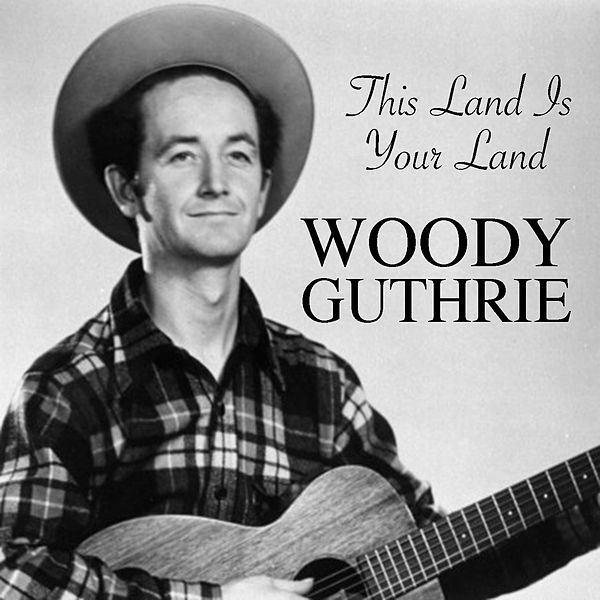
" This Land Is Your Land " is one of the United States' most famous folk songs. Its lyrics were written by American folk singer Woody Guthrie in 1940, based on an existing melody, a Carter Family tune called "When the World's on Fire", in critical response to Irving Berlin's "God Bless America". When Guthrie was tired of hearing Kate Smith sing "God Bless America" on the radio in the late 1930s, he sarcastically called his song "God Blessed America for Me" before renaming it "This Land Is Your Land".
[video width="640" height="360" mp4="https://www.easypianoonline.com/wp-content/uploads/2021/05/ThisLandIsYourland.mp4"]
Lyrics
This Land Is Your Land
From California to the New York island
From the redwood forest to the Gulf Stream waters
This land was made for you and me
As I went walking that ribbon of highway
I saw above me that endless skyway
Saw below me that golden valley
This land was made for you and me
I roamed and rambled and I've followed my footsteps
To the sparkling sands of her diamond deserts
All around me a voice was sounding
This land was made for you and me
When the sun come shining, then I was strolling
And the wheat fields waving and the dust clouds rolling
The voice was chanting as the fog was lifting
This land was made for you and me
This land is your land and this land is my land
From California to the New York island
From the redwood forest to the Gulf Stream waters
This land was made for you and me
When the sun come shining, then I was strolling
And the wheat fields waving and the dust clouds rolling
The voice come a-chanting and the fog was lifting
This land was made for you and me
Songwriters: Woody Guthrie







































